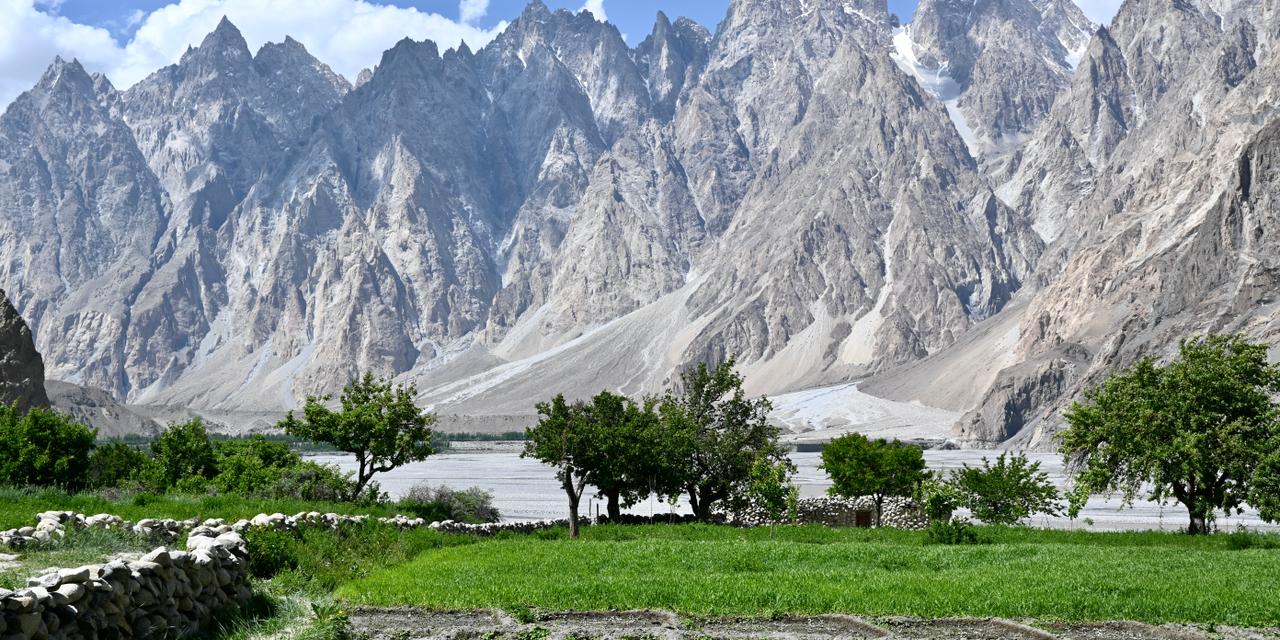

The end of Pakistan's lost paradise of Hunza: 'In just 20 years, our entire environment has changed'

Part 4 will be available soon.
Part 4 will be available soon.
The Himalayas Overheating
6 Parts
Articles in this series:
Part 4 will be available soon.
The end of Pakistan's lost paradise of Hunza: 'In just 20 years, our entire environment has changed'
Feature'The Himalayas Overheating' (3/6). In the north of the country, a village that has been isolated from the outside world for centuries is suffering from the combined effects of climate change and the loss of a way of life as it is integrated the country's economy.
The road is barely marked on the maps. Located in the far north of Pakistan, just a stone's throw from the Chinese border, it leads to Shimshal, the highest village in the Hunza Valley. The route begins at the foot of the Karakoram range and its string of cone-shaped mountains. Natural cathedrals, pointed like needles, of breathtaking beauty.
In the village of Passu, we left behind the comfortable Karakoram Highway, the road opened in the early 1980s to link China and Pakistan. The 4x4 crossed a first suspension bridge, marking the start of the ascent to Shimshal. Below, a handful of men, gold prospectors, worked in the tumultuous, grayish river, fed by melting glaciers. A heatwave had struck Pakistan at the end of May and the upper Himalayas had not been spared.
The path is narrow, made of earth and gravel. It winds through a pass of rocky gorges, then crosses bare valleys whose walls, sculpted by the wind, rise like natural fortresses. It skirts glaciers the color of ash, covered in layers of sediment. This mineral, fragile desert is crumbling away on all sides. The final stretch of the journey, edging along a precipice, was torturous: The vehicle's wheels grazed the void and the mountainside.
Shimshal finally appears after three and a half hours and 55 kilometers of dust, like a green oasis. Its poplar-lined paths, orchards (cherry, peach, apricot trees), wheat fields and vegetable plots bordered by stone walls form a lush natural patchwork, accompanied only by the sound of glacier water rushing through a maze of irrigation channels. In the distance, the peaks shimmer with their eternal snows. Shimshal seems like a garden of Eden.
You have 90.43% of this article left to read. The rest is for subscribers only.


